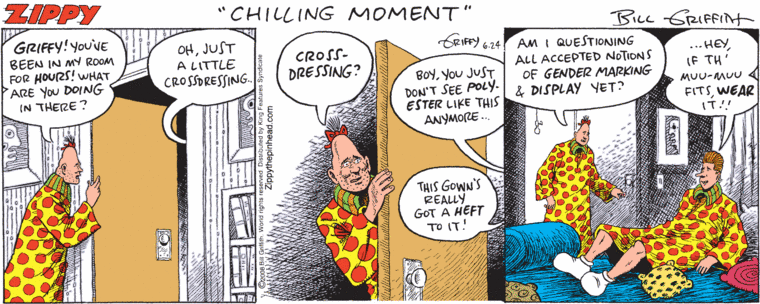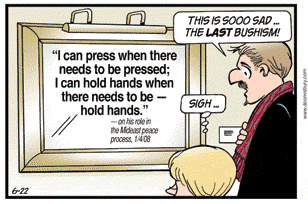In connection with Bill Poser's post "What did it mean to 'bear arms' in 1791?", I searched the Literature Online database for instances of the phrase "bear arms" whose authors were alive between 1650 and 1791, adding the options of variant spellings (e.g. "beare arms") and variant forms (e.g. "bearing arms") . I got 36 entries in Poetry, 38 in Drama, and none in Prose. My opinion, after a quick read of the 74 hits, is that all of them occur in a military context and are used in a military sense.
Usually this is straightforward, as in Robert Anderson's "Fair Sally" (1798): "When Honour bade her sons bear arms, And boldly meet their country's foe …" Sometimes the implication of military or militia service is implicit, e.g. Wordsworth, in a footnote to "Song at the Feast of Brougham Castle": "for the Earl was no child, as some writers would have him, but able to bear arms, being sixteen or seventeen years of age".
This sample is small, and weighted towards poetic language, so that I don't think it really contributes a great deal to the argument, except perhaps in a statistical sense. However, there were a number of examples whose content I thought was interesting, quite apart from any bearing they might have on D.C. v. Heller. I'll give one in this post, and perhaps some others later on.
Read the rest of this entry »


